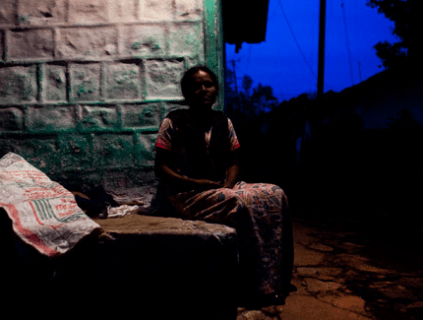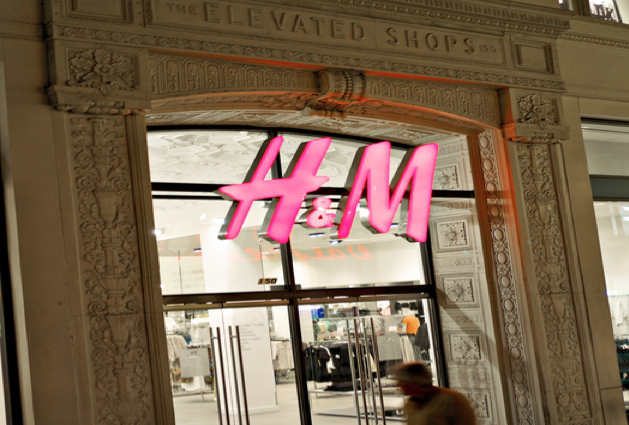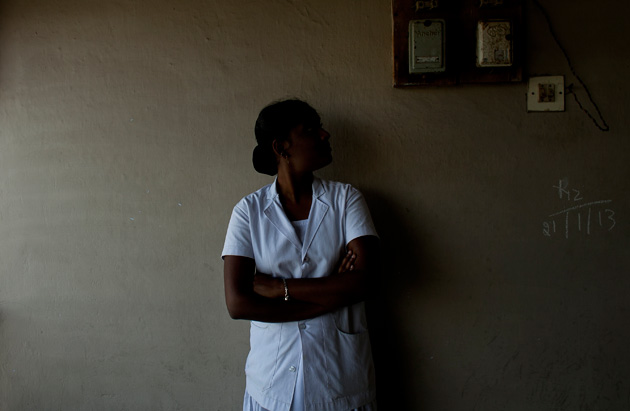
“[The supervisors] said we would get less work if we slept with them.” That’s what a 19-year-old Indian woman told me this year, about her experience working in a factory that makes products for international clothing companies. She’s one of thousands of “sumangali girls” who take jobs at textile factories under false promises, believing that they will earn enough money for education or a dowry. After traveling to India to learn about the brutal conditions under which sumangali girls work—and getting chased by thugs in the process—it’s been hard for me to shop for clothes in Washington, DC, without feeling guilty. So what’s the solution?
At 11 AM EST on Tuesday, January 7th, I’ll be discussing this question with Sindhu Kavinamannil, a native of Southern India who investigates government contracts for labor violations and served as my translator during my reporting trip, and Elizabeth Cline, author of the 2012 book Overdressed: The Shockingly High Cost of Cheap Fashion. We’ll talk about the sumangali scheme, efforts by US clothing companies to reform their supply chains, and tips for American consumers who want to make sure that their clothes don’t support exploitation. Here’s our discussion:
This story was completed with assistance from the International Center for Journalists’ Social Justice Reporting for a Global America fellowship program.













